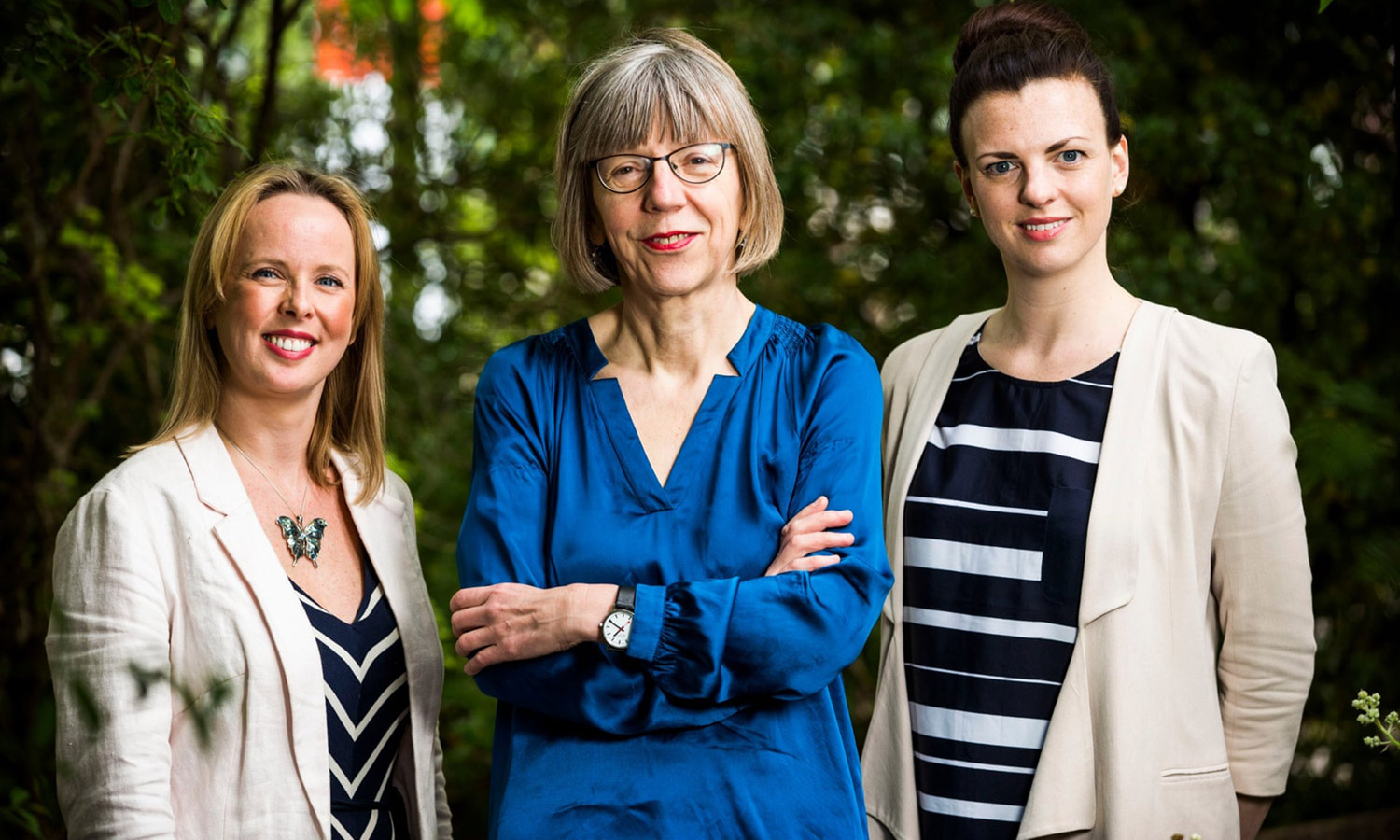NHS trial 'transforms lives' of young anorexia and bulimia sufferers
“If you have a child with cancer, you wouldn’t wait until they had reached stage four cancer before starting treatment. It’s no different with an eating disorder, because if you delay treatment, then the illness becomes more ingrained and more difficult to treat.”
Ulrike Schmidt, professor of eating disorders at King’s College London (KCL), is explaining why she and a team of medical personnel have begun helping young adults suffering from anorexia and bulimia to start specialist treatment within weeks rather than the months of delay that are so common across the NHS. The first episode and rapid early intervention for eating disorders (Freed) trial has only been going for nine months but has so far given patients – mainly young women – access to vital treatment in an average of 33 days rather than the usual time of between four and eight months.
Its initial results show that cutting long waiting times makes patients much more likely to engage with the treatment; reduces the high dropout rate from such care; helps patients recover more quickly than normal; and is hugely appreciated by patients and their parents. Although only 45 patients have so far benefitted from this innovative approach at the South London and Maudsley (Slam) NHS foundation trust, it has the potential to help end what Schmidt calls intolerable waits for urgent treatment.
“We have transformed the care and lives of these young people. We can already see that this is really making a difference,” said Schmidt. “People’s recovery is brought forward so much, patients actually engage in treatment – it’s unusual to find eating disorders sufferers who take part in treatment as willingly – and parents are utterly delighted. Eating disorders are such a burden on families, in which every meal is a battle and you worry that your child might drop dead because of the sudden death associated with anorexia, that parents are very glad to have such expert help so early and to be so involved.”
In most eating disorder services, up to 40% of patients drop out for complex psychological reasons, and the risk of that happening is higher the longer they have to wait to start. Dropout used to be 30% from Slam’s eating disorders service; it is down to 13% among Freed patients.

Prof Ulrike Schmidt
“It’s vital to get in there and tackle an eating disorder as early as possible. That’s what we’re trying to do. People with longer illnesses have structural and functional changes in the brain so that the brain can appear shrunken. The longer starvation goes on, the more it makes behavioural patterns relating to eating habits more ingrained. This can cause extreme fluctuation in blood salts that lead to fits and also high levels of stress hormones that can be toxic to the brain.” Rapid treatment was particularly important for anorexics – about half Freed’s caseload – because their health could deteriorate the most sharply without specialist help.
Preliminary analyses by the Freed team suggested that its early intervention helped patients with anorexia normalise weight more rapidly compared with patients from a clinical trial undertaken in Slam’s eating disorders service, where patients had to wait for treatment, said Schmidt. “The numbers are, as yet, small but it looks like Freed patients achieved full weight recovery at six months after starting treatment, whereas the patients in the clinical trial had not quite caught up at 12 months,” she added.
Prof Sir Simon Wessely, president of the Royal College of Psychiatrists, welcomed Freed’s early results, which could ultimately speed up eating disorder treatment across the NHS. “This is an important pilot initiative which acknowledges that time is of the essence when treating young people with eating disorders. It is a novel service built around the patient, rather than expecting patients and their families to fit into the service. It is a model of good practice that should be made widely available so other young people can benefit beyond south London,” he said.
Wessely, who is also a professor at KCL and an honorary consultant at Slam, added: “The weight loss and starvation that comes with severe eating disorder have serious physical effects, including on brain development, which can reduce the chance of recovery. So preventing this from happening is a major priority.”
Recent research by Beat, the eating disorders charity, found that 41% of patients had to wait more than six months to get diagnosed and start treatment, and 19% at least a year. Lorna Garner, Beat’s interim chief executive, urged ministers tointroduce maximum waiting times for treatment, given those already exist for patients awaiting planned care in hospital for physical health problems.
“While there is a powerfully enforced 18-week waiting time target for physical health, with financial and political incentives and penalties, there is no such guarantee for mental health conditions. Mental health conditions are no less serious than physical ones. Why shouldn’t they receive the same priority?” Garner said.